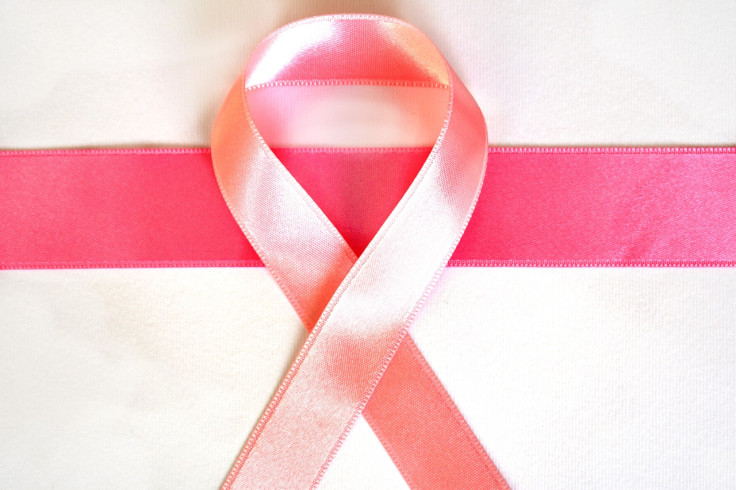New drug cuts risk of women dying from breast cancer by 32 per cent: study
The drug, which is sold under the brand name Lynparza, has already been approved in the US.
Scientists have developed a new drug called Lynparza, which claims to reduce the risk of women dying from breast cancer by 32%. The trials also showed that the drug reduced the chance of recurrence by 42%.
The researchers studied 1,836 patients at 671 clinics across the world. All these women had the BRCA1 and BRCA2 mutations which are high-risk, early-stage genetically mutated forms of cancer.
Half of these women were given the drug, while the remaining half were given a placebo. The ones who had taken the drug showed 32 percent lower chances of dying four years later.
The drug is called Olaparib, and is sold under the brand name Lynparza. The US has already approved the drug and the UK is still studying whether to approve it so soon.
All of us carry BRCA1 and BRCA2 genes which normally work to protect against breast and ovarian cancer, but mutations in these genes can cause breast cancer. The genes were made famous by Hollywood actress Angelina Jolie. She had undergone a preventative double mastectomy in 2013 after testing positive for the mutated BRCA1 gene.
The 10-year international Olympia trial reported its findings early after just two and a half years because of the positive results.
"This is a major step forward in treatment of early-stage inherited breast cancer," said Professor Kristian Helin, chief executive of London's Institute of Cancer Research.
"Olaparib has major benefits for this group of patients, increasing their chances of remaining cancer-free and potentially being cured after initial treatment. We hope Olaparib will now be licensed in Europe and approved in the UK for NHS patients without delay," he added.
The drug had also been tested on a small number of patients with other forms of the disease such as ovarian cancer. It works by targeting a protein called Poly ADP-ribose polymerase (PARP) which helps the damaged cells to repair themselves.
The study was led by a team from the Institute of Cancer Research London (ICR), US research center NSABP Foundation, the Dana-Farber Cancer Institute in Boston, and Edinburgh University.
NICE, the National Institute for Health and Care Excellence, had rejected the drug for the treatment of prostate cancer after it found that the drug did not offer "value for money." Men who were given the drug saw their disease progress after only 7.4 months, compared to those who received standard treatments and got worse after 3.6 months, according to Daily Mail.

© Copyright IBTimes 2025. All rights reserved.






















